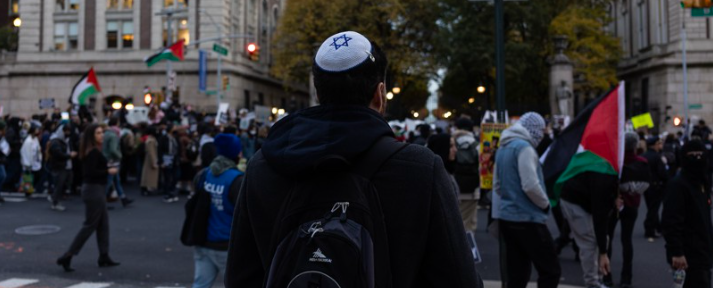Jewish College Students Facing New Realities Amid Rising Antisemitism
As college application deadlines loom, Jewish students across the United States are reevaluating their decisions about where to attend school. A record surge in antisemitism on college campuses, fueled by tensions stemming from the Israel-Hamas conflict, has made safety a critical factor for many families. The dilemma of choosing prestigious institutions while ensuring personal security has reshaped the college selection process for Jewish students nationwide.
A Year Marked by Rising Hostility
Following the outbreak of violence between Israel and Hamas on October 7, 2023, college campuses became hotbeds for protests, many of which targeted Jewish students. Ivy League institutions, known for their significant Jewish student populations, were not immune. High-profile demonstrations, arrests, and even resignations of college presidents put the spotlight on how these universities handle issues of discrimination and safety.
Data from the Anti-Defamation League revealed a staggering 200% increase in antisemitic acts between October 2023 and September 2024, with incidents on college campuses growing by 500%. Simultaneously, Islamophobic acts reached record highs, creating a tense environment for students across the political and religious spectrum. Surveys indicate that nearly 1 in 5 college students felt a sense of personal danger due to their beliefs or support for either side of the conflict.
Choosing Safety Over Prestige
For many Jewish students and families, the rise in antisemitism has added a new layer of complexity to college decisions. Schools traditionally favored for their prestige are now being evaluated on their ability to foster safe and supportive environments for Jewish students.
Eli Raphael, a freshman at Vanderbilt University in Nashville, shared how these considerations have influenced students he works with through the Jewish Student Union. A Dallas native, Raphael experienced the Israel-Hamas conflict firsthand during a gap year in Israel. The war solidified his commitment to his Jewish identity and inspired him to help other Jewish teens navigate their paths.
“This is a new variable that we have to take into account now,” Raphael said. “It’s just the unfortunate reality.”
Advocates Offer Guidance and Hope
Jewish organizations are stepping up to help families and students navigate these challenges. Deborah Oleshansky, a leader with the Jewish Federation of Greater Nashville, has noticed a cautious shift among students exploring college options. Families are asking more questions about campus culture, safety, and resources for Jewish students.
Similarly, Devora Simon, who oversees Jewish Student Union chapters nationwide, has been working with high schoolers to address their fears and aspirations. At a recent leadership conference in New Jersey, students candidly discussed their concerns about antisemitism, war, and the college experience. While the conversations were heavy, Simon found hope in their resilience and sense of community.
“I think the biggest thing that I felt, and our staff felt, was hope,” she said. “Advocacy is amazing, but students also need to find a school where they feel safe and supported.”
A Path Forward
As students weigh their options, advocates emphasize the importance of finding a school that aligns with their values and provides a sense of security. While some may choose to engage in activism, others might focus on personal growth and connection. Both paths are valid, and students must prioritize what feels right for them.
In this climate of rising antisemitism and Islamophobia, universities are being called upon to create inclusive environments that allow all students to thrive. For Jewish students, the choice of where to attend college is no longer just about academic excellence—it’s about finding a place where they can feel safe, valued, and free to express their identity.



